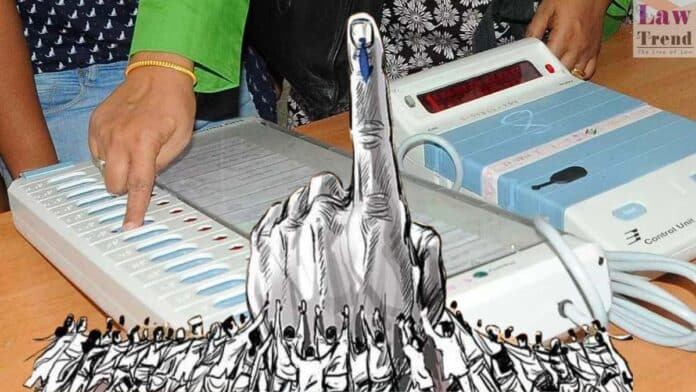In a significant development, the high-level committee led by former President Ram Nath Kovind, formed to evaluate the feasibility of ‘One Nation, One Election’, has presented its findings to President Droupadi Murmu. The committee, after extensive consultations, recommended the simultaneous conduction of Lok Sabha and state assembly elections, with local body polls to follow within 100 days.
The report reveals a divided stance among legal and electoral experts. While all four former Supreme Court Chief Justices—Justice Dipak Misra, Justice Ranjan Gogoi, Justice Sharad Arvind Bobde, and Justice UU Lalit—endorsed the proposal, offering their written support for simultaneous elections, the opinions among former High Court Chief Justices and state election commissioners varied significantly.
Three ex-High Court Chief Justices expressed reservations against the proposal, citing potential threats to democratic practices and principles. Former Delhi High Court Chief Justice Ajit Prakash Shah was particularly vocal, raising concerns about the suppression of democratic expression, potential distortions in voting patterns, and the impact on state-level politics. He argued that simultaneous elections might offer undue stability to representatives without adequate performance scrutiny, thus undermining political accountability.
Similarly, Justice Girish Chandra Gupta of the Calcutta High Court and Justice Sanjib Banerjee of the Madras High Court voiced their opposition. Gupta stressed that the concept conflicted with democratic fundamentals, whereas Banerjee highlighted the risk it posed to India’s federal structure and the importance of addressing regional issues.
Also Read
Conversely, nine former chief justices from major High Courts supported the move, pointing to its potential benefits in streamlining electoral processes and enhancing efficiency.
The report also noted the perspectives of former and current state election commissioners. Among them, seven supported the idea, while Tamil Nadu Election Commissioner V Palanikumar expressed concerns over the dominance of national issues in local elections and the critical shortage of electoral manpower needed to execute such a vast undertaking efficiently.




